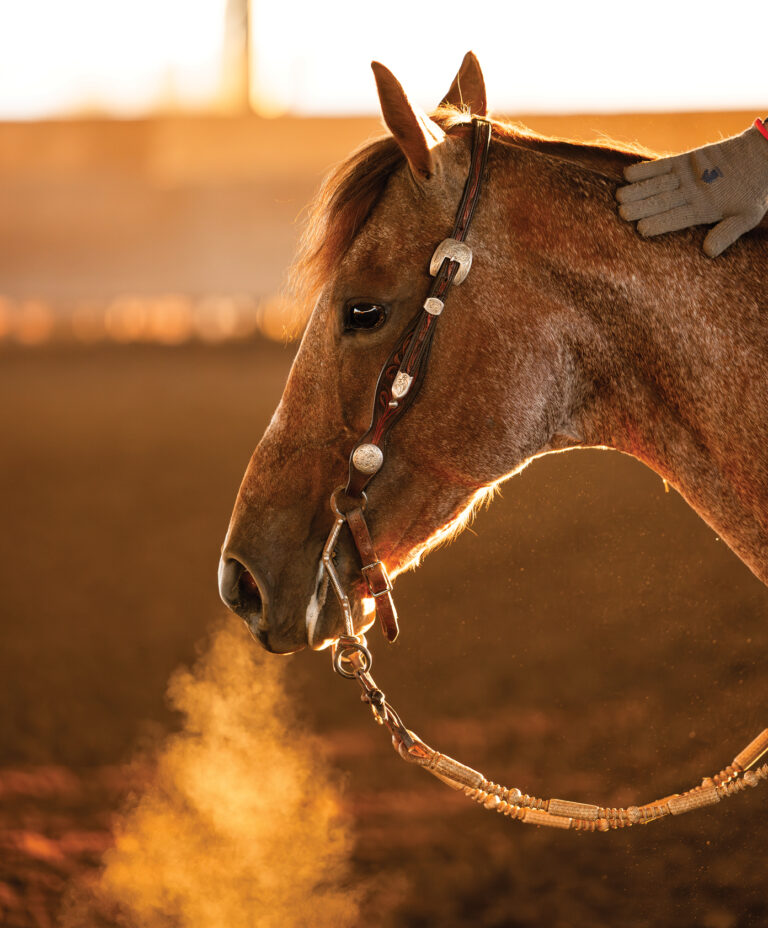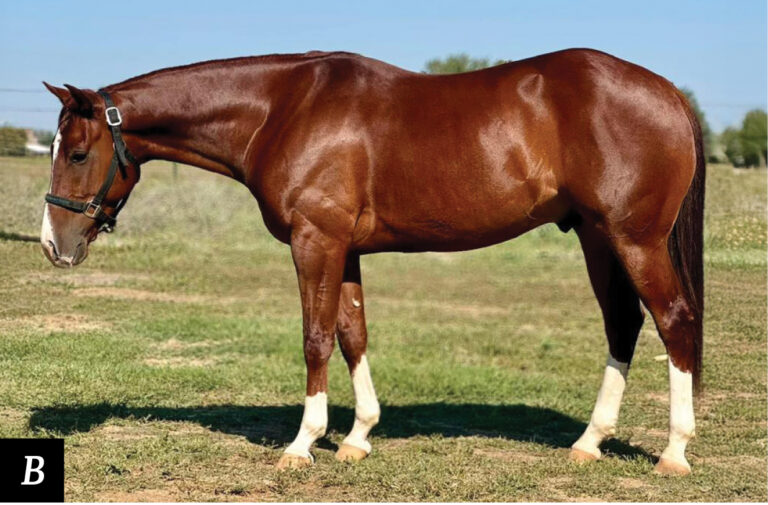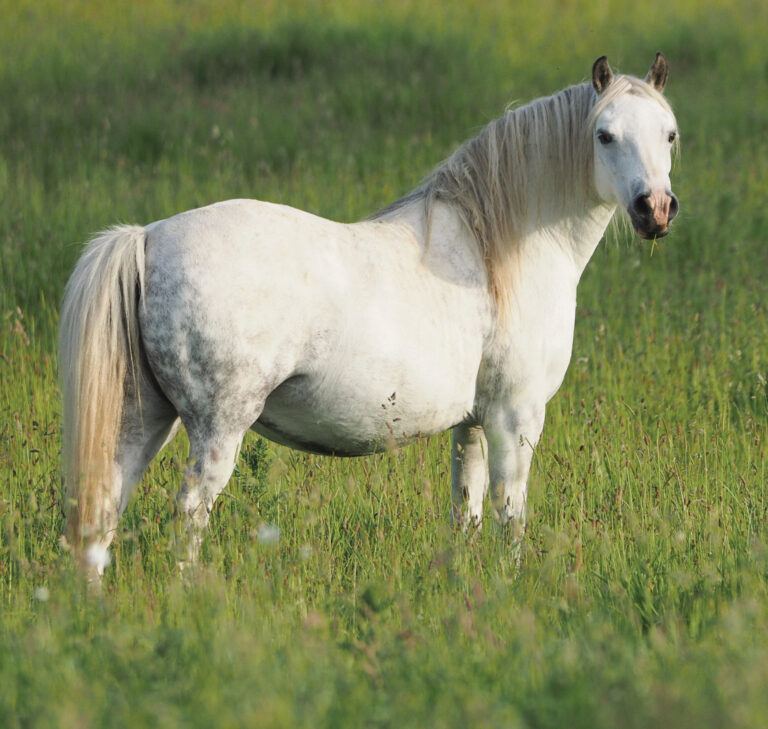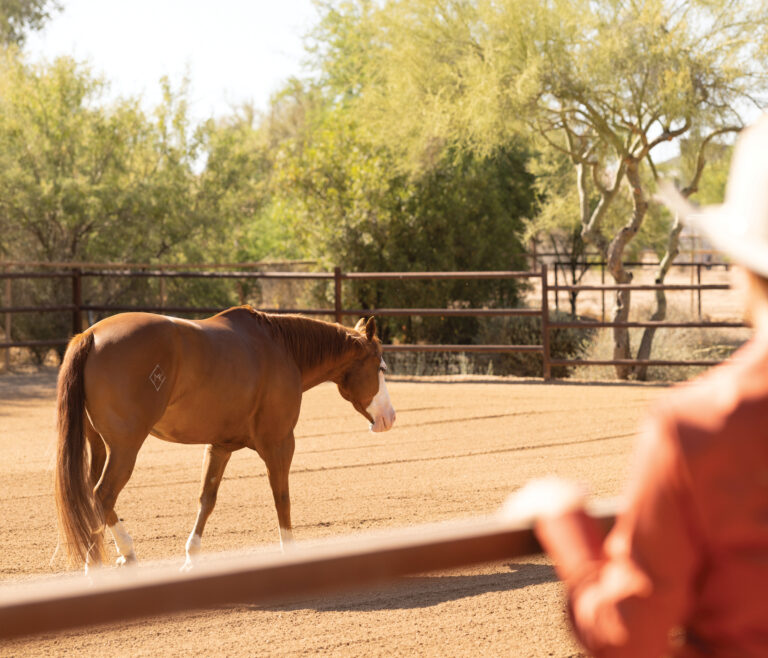Just last week I was climbing into bed after a long day at work when my pager went off. “Clyde is colicking,” the panicked caller said, “we need you right away!” After confirming that Clyde was a regular patient of our practice and was, in fact, in significant distress, I jumped in my truck and headed to the farm, where Clyde, his owner, and a group of concerned supporters were waiting. Sure enough, Clyde was extremely uncomfortable.
He responded well to pain medications, but I was concerned about what I felt on my rectal exam. Although I didn’t think Clyde needed to head to surgery yet, I explained that his condition was difficult to predict, and it might be safer to transport him to a surgical facility for observation. The owner had thought about her options before I even arrived at the farm, had a trailer hooked up, and didn’t hesitate to follow my recommendation. Clyde would get the best care available.
The Way it Goes
Did I mind responding to that emergency? Not at all. While I might not have been ecstatic when the pager first went off, Clyde and his owner presented the perfect after-hours scenario. A patient we knew well in genuine distress, and a prepared owner who was responsive to my recommendations. She even said thanks! That’s the kind of work I love, but my night went south from there.
By the time I arrived home at midnight, I was tired. I always have a little trouble sleeping after a late-night emergency, so when I finally drifted off an hour later, I wasn’t super happy when the pager went off again at 2 a.m. This time it was a question from a client who’s horse was laying down after being diagnosed with laminitis earlier that day. Not a surprise. Not an emergency. Back to sleep again, only to be awakened by another page at 6 a.m. This time from a trainer who is not a regular client about a horse with a lacerated eyelid. By the time I called her back (10 minutes later) she already had another veterinarian on the way. Apparently she called every vet in town. Now I was grumpy…and tired…and not all that enthusiastic about my job.
[More from Dr. Crabbe, DVM: E33: The Ride – Dr. Barb Crabbe, DVM]
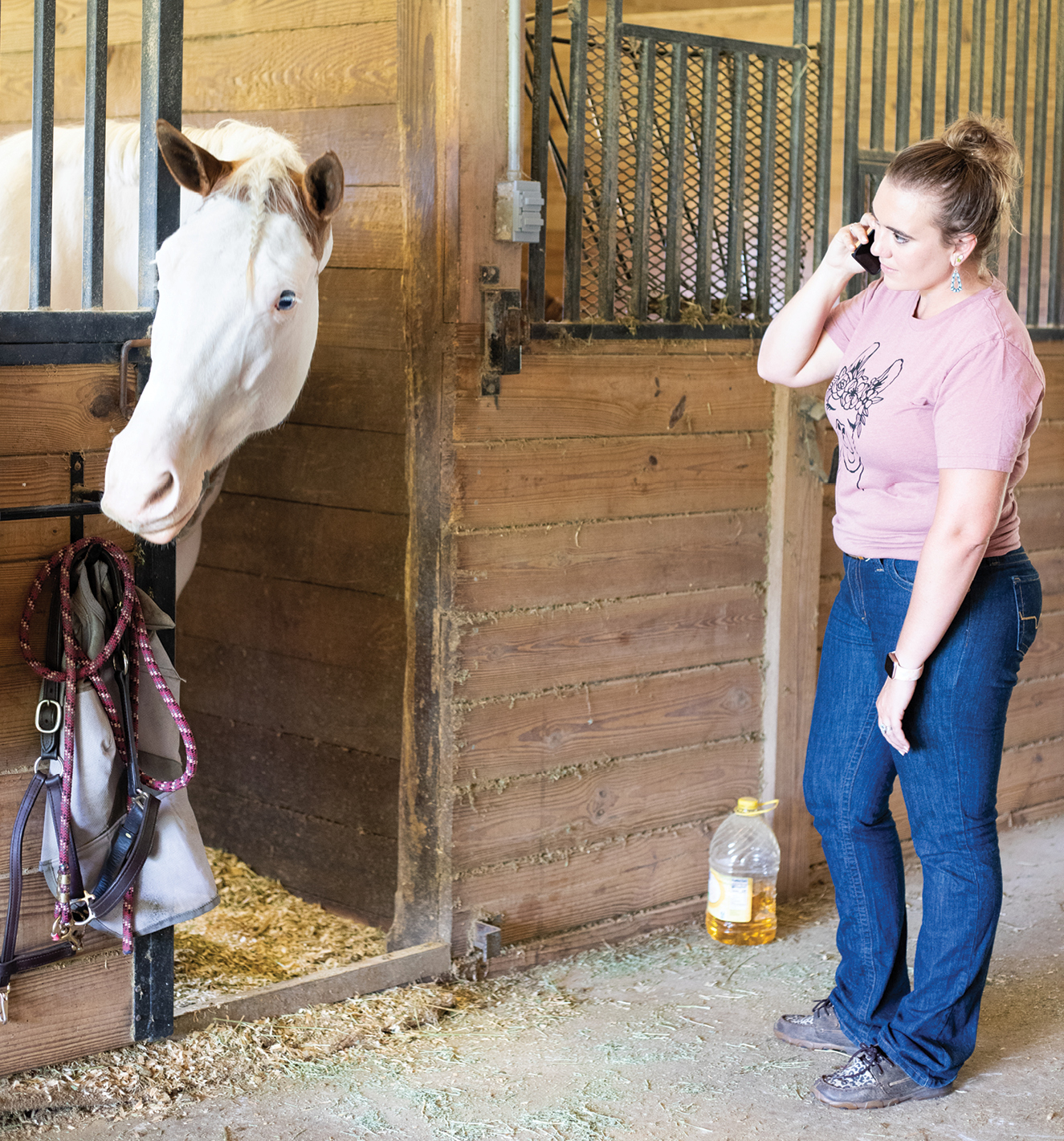
Burnout is Real
For a busy equine practitioner, the night I just described isn’t that unusual. Now imagine a solo practitioner, on call 24/7/365, sometimes for many years without a break. Is it any wonder equine veterinarians are leaving the profession? As a horse owner, this problem should concern you. After all, what would you do if you couldn’t find a veterinarian willing to respond to a serious emergency? In this article, I’m going to tell you what you can do to help, and what you should expect from your horse vet as the future unfolds.
Five Rules of Emergency Etiquette
It’s true that equine veterinary medicine is facing a crisis point. Recent data shows that the number of veterinarians who choose equine practice at the time of graduation is declining, and that many of those who do choose the life of a horse vet initially drop out of the profession after just a few years. As many of the older generation of currently practicing horse vets face retirement, there’s a good chance it is going to get harder and harder to find a vet who will care for your horse.
What can you do to help? First and foremost, you can ease the stress your veterinarian experiences simply by paying attention to how you handle your own after-hours emergencies. If you follow these basic rules, not only will your horse get better care, but you can also help ensure that someone will still be available to provide that care for your horse for years to come.
1. Build a relationship:
Does your horse see your veterinarian regularly for routine care like vaccinations and annual dentistry? Or are you one of those “emergency only” clients who only calls when things have reached a crisis point? Your vet will be much happier to see you for a cut or colic in the wee hours of the morning if they know what you and your horse look like between 9 and 5. Providing emergency services for regular patients is something equine veterinarians expect, and often even enjoy. Providing emergency services for people they’ve never met, or clients of other veterinarians who have simply “opted out” of emergency service is not. If you own a horse, make a point of establishing a relationship with a veterinarian who you call for regular care if you expect them to be available in an emergency.
2. Respect boundaries:
Fun fact. My best friend calls the emergency pager when her horse has an accident after hours. She’s happy to see whatever veterinarian is on call. She also calls my office to schedule her horse’s regular appointments. She doesn’t text me after hours with questions about her horse’s health. If those rules are good enough for my best friend, they should be good enough for a client who I see twice a year. Chances are you have your veterinarian’s cell phone number. DON’T take advantage of it! While it may be an efficient way to communicate about your horse’s condition, I can promise you your vet doesn’t want to get a text asking about availability of a medication at 10 p.m. on Saturday night. Many equine veterinarians are struggling right now with how to remain available to clients, while protecting their personal lives. Help them out.
3. Be prepared:
Being prepared for an emergency begins by learning the appropriate protocol to reach your veterinarian after hours. In most cases, that starts with a phone call to their office that may be answered by an after-hours service that can help, or they’ll provide you with instructions about how to make the call. If you text my cell phone that you have an emergency and I’m out to dinner on my night off, there’s a good chance I won’t get the message. You’ll be stressed when you can’t reach me, and I’ll be stressed when I find out hours later that you tried. By knowing the proper protocol, you’ll not only get better service for your horse, but will also be respecting your veterinarian’s boundaries.
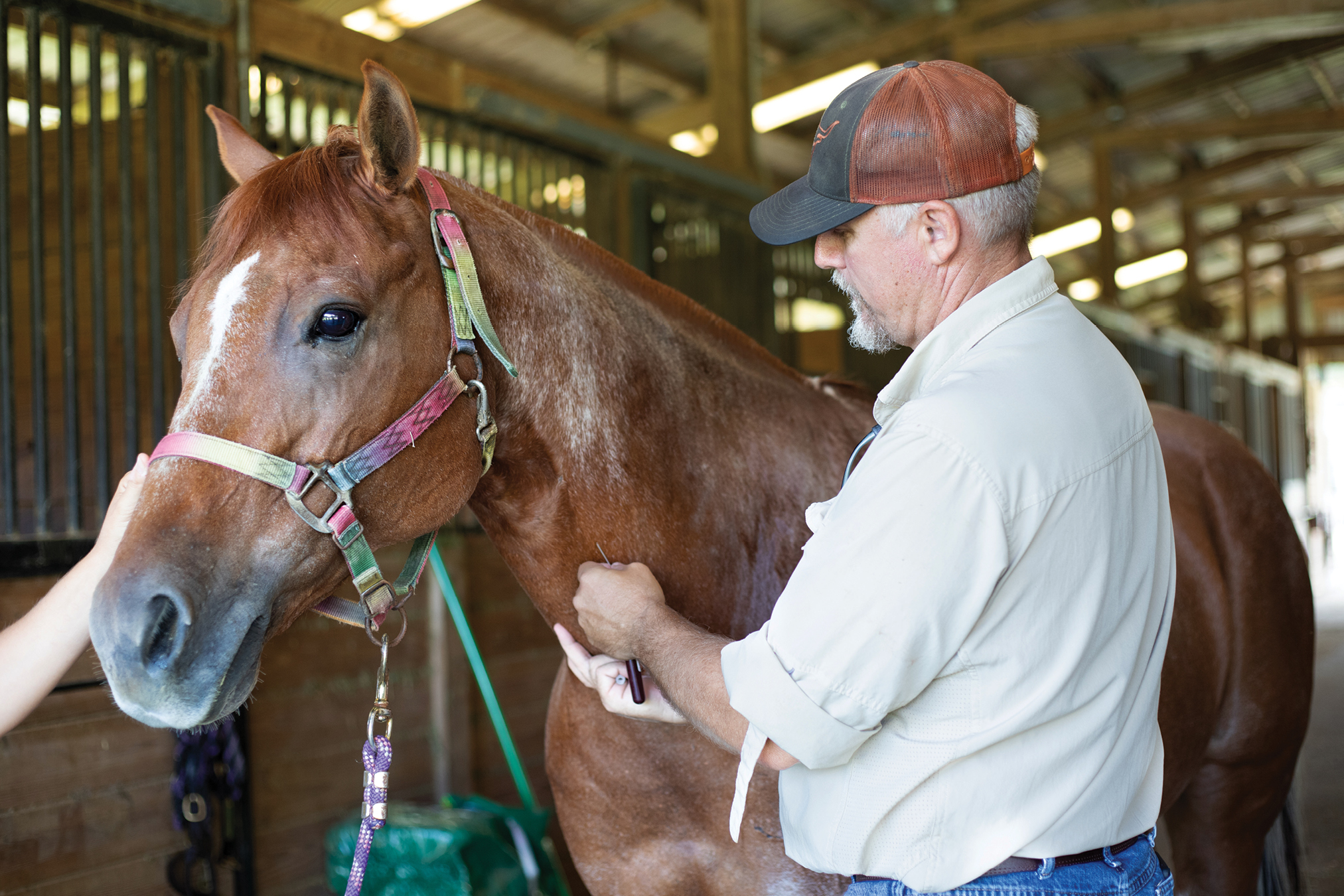
The next step is to gather information you need to give your vet an accurate assessment of your horse’s status when you make the call. For example, if you’re concerned about colic, know his heart rate, and listen for gut sounds before you call. If your horse has cut himself, be able to describe the location and appearance of the wound. With that information, your vet will be able to help you decide whether lights-and-siren is really necessary, and can instruct you about what steps to take.
Prepare
If your horse does require an emergency visit, you’ll need to prepare for your vet’s arrival. When they pull in, have your horse haltered and ready to be examined, ideally in a location that’s clean, well-lit, and has clean water available. A serious injury or illness, such as a wound that penetrates a joint, or colic that requires surgery, could mean your vet will recommend referral to a hospital. It’s always best to think about these situations ahead of time, and know what decisions you would make in such a scenario. For example, if faced with the decision between life-saving colic surgery and euthanasia, which would you choose? And if you know referral is an option, plan ahead about how you would transport your horse and confirm that transport is available.
Finally, as you’ll learn at right, changes are happening in the way equine veterinarians are managing their after-hours workloads. Emergency cooperatives among multiple veterinarians are becoming more and more popular. Meaning you might see someone other than your regular veterinarian for an emergency. In these situations, payment may be required at the time of your visit so be sure your planning includes knowing how you plan to pay.
4. Be reasonable:
I’m always willing to come to help your horse in an emergency situation, but I’ll be much more eager if you don’t demand my presence after midnight for every bump or scratch. If you earn the reputation of being a “reasonable” client (in our practice we call them “smart”), I’ll be there for you any time you really need me. And panicking never helps. If you panic over every stubbed toe, your vet may have a hard time knowing when to take you seriously.
5. Be appreciative:
Nothing goes further than a “thank you.” You may not think about it, but your vet is trying to live their regular life between emergency calls. Chances are they’ve left many family dinners or other events to come help you in a crisis—and let me tell you, the money isn’t always worth it. But tell them thanks, and they’ll come running.
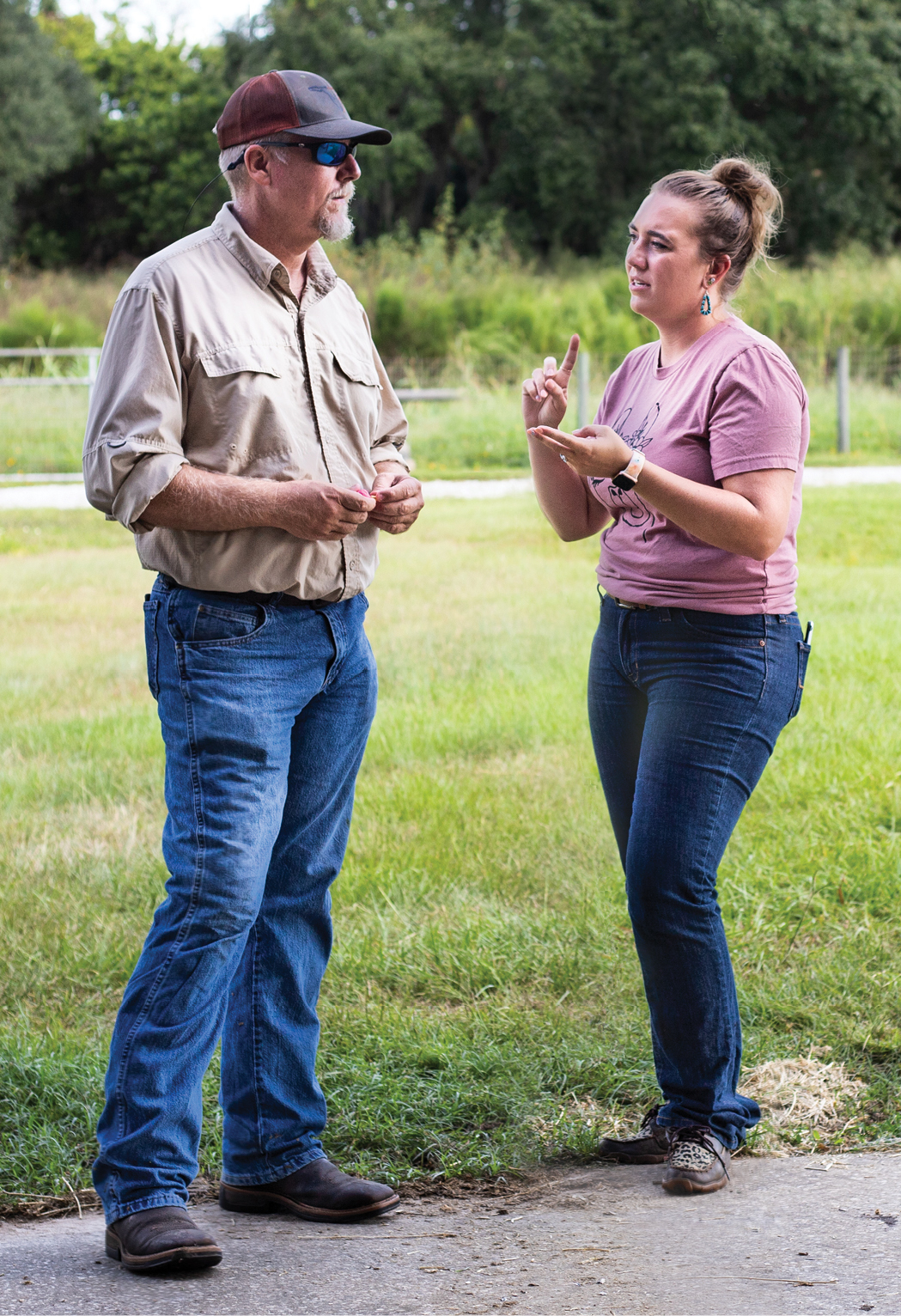
What Does the Future Hold?
Burnout and mental health are serious concerns for equine veterinarians. In fact, recent statistics show that as many as one in six veterinarians have become overwhelmed enough to contemplate suicide, and issues related to work-life balance play a big role in contributing to these problems.
Most horse vets entered the profession because they love the horses, and want to help. Most even love the work, but clearly something needs to change. Enter emergency cooperatives.
Many veterinarians are turning to emergency cooperatives as a way to lighten their emergency load and protect their personal lives. For many this choice means the difference between continuing their career as an equine veterinarian and leaving the profession. These cooperative arrangements involve groups of veterinarians working together to share emergency duties—meaning a solo practitioner who would carry a pager 24/7/365 might form a group with three other veterinarians, reducing their on-call demands to one night a week and one weekend a month. Even larger practices with two or three doctors might choose to join such a cooperative, spreading out the emergency duties among multiple practices.
What Can You Do?
How can you help? You might be surprised that the decision to join an emergency cooperative is difficult for many veterinarians. They worry about their patients and take great pains to make sure quality care is available. Most work very hard to find like-minded veterinarians they trust to join their groups. The best thing you can do is trust their decisions, and willingly accept emergency care from a veterinarian who might be someone you don’t know. Most of these groups are structured so that your veterinarian will be fully informed by the on-call veterinarian and will provide follow up care for your horse. If your veterinarian trusts the person on call, you should, too.
Being a horse vet is a hard job. The work is physical, and the hours are long. Even the pay isn’t all that great. For most who choose it, being a horse vet is a passion. And for those who leave it, it’s usually a heartbreaking decision. As a horse owner, you can do your part to protect your veterinarian by understanding the challenges they face. Something as simple as how you handle your own horse’s emergencies can really make a difference.

